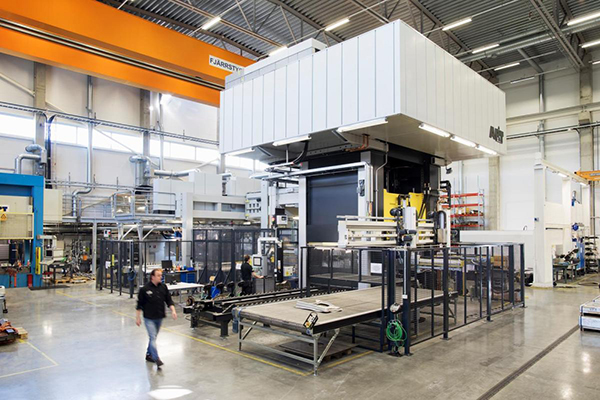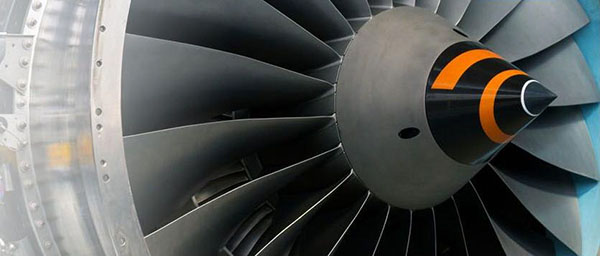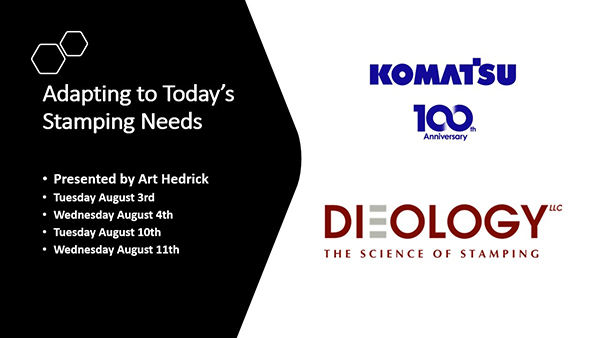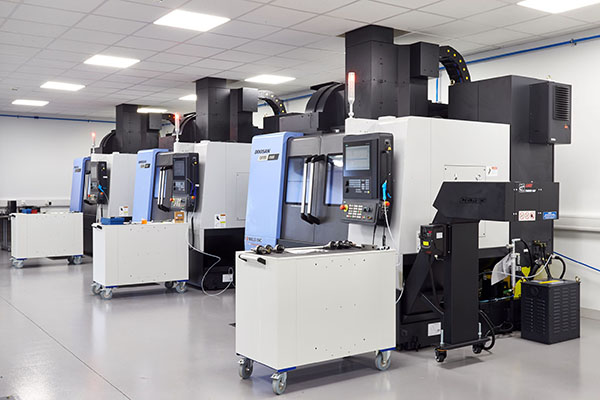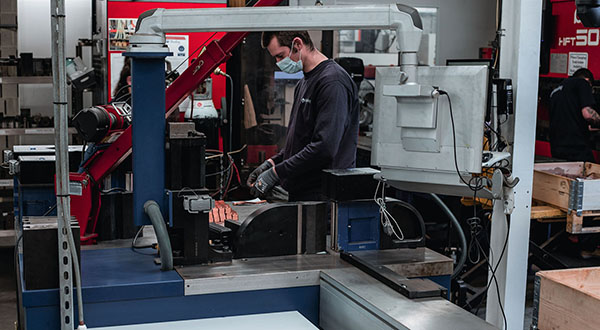
Mills CNC, the exclusive distributor of Doosan machine tools in the UK and Ireland, has supplied Eurotubes UK, a global wire guide and stator/rotor winding needle design and manufacturing specialist, with four new high-performance machines. The machines – three Doosan DNM 4500 machining centres and a Doosan Lynx 2100LSY – are now operational at the company’s modern 18,000 sq ft facility in Portland, Dorset.
All four Doosan machines are machining high-precision wire guide tubes/nozzles used in the coil winding industry. The tubes/nozzles form part of automatic CNC-controlled machines that wind enamelled copper wire around a core to create electromagnetic coils.
In addition to machining its range of standard wire guide tubes/nozzles, Eurotubes also uses its new Doosan lathe and machining centres to produce customised work holding for the accurate and secure machining of its high precision tubes, nozzles and needles, as well as prototypes for OEMs and end-user customers seeking new and/or optimised tube or needle designs.
Says Greg Bedford, Eurotubes’ managing director: “The recent acquisition of four Doosan machines has helped strengthen our position in key markets and with specific customers.
“By improving our machining capacity and capabilities we’ve been able to achieve higher part accuracy and repeatability, reduce part cycle times and win contracts to machine ‘other’ complementary components used in the manufacture of electric motors and copper wound coils generally.”

The new Doosan machines have replaced several older machines at Eurotubes. These machines, although still performing adequately, could not be relied upon to deliver the consistently high and repeatable accuracies – or the superior surface finishes – required by Eurotubes and expected by its domestic and international customers.
“Consistency and repeatability are critical,” says Bedford. “When a customer purchases our wire guide tubes, nozzles and needles they have to be identical, not just in terms of their physical dimensions, but of the performance they deliver.”
The tubes and nozzles machined by Eurotubes on its Doosan machines are made from BS1407 British ‘silver’ steel, a versatile high-carbon, low-alloy tool steel that is generally supplied in 1 m bar lengths in a range of different diameters which are then cut to down to size by Eurotubes using its in-house bandsaws. Small batches are the norm (50-off maximum).
Once cut to size, blank machining takes place on the multi-tasking Lynx 2100LSY, making full use of the lathe’s integrated Y axis (±52.5 mm), 6000 rpm driven tooling capabilities and its 5” chuck sub-spindle, which enables front and back-end machining operations on the tip, neck and holder elements of the tubes in a single set up.

Tubes and nozzles designed, manufactured and supplied by Eurotubes are available in a range of sizes: the largest tubes can range from 20 up to 200 mm in length, while tube diameters/geometries vary enormously. For this reason, Eurotubes has over 7000 different designs of wire guides.
“We are involved in micro-machining and, as such, need access to technologies that can deliver tolerances to within 5 µm,” says Bedford.
A critical element of every wire guide tube is its centre hole. These can be incredibly small – down to 0.2 mm in diameter – and, as such, involve the use of small diameter drills and reamers, in conjunction with tube drawing and wire EDM technologies.
Drilling and reaming operations take place on the DNM 4500 vertical machining centres which, in addition to their rigid design and directly coupled 15,000 rpm spindles with integrated thermal compensation, feature large worktables (1000 x 450 mm) and through-spindle coolant.
The dimensions of the tables, combined with the small size of the components that require machining, enable multiple-part set up and machining in one hit using Eurotubes’ bespoke multi-vice work-holding solutions, thereby improving the company’s productivity and operational efficiencies.

Says Bedford: “Owing to the small and delicate nature of the components being machined, we design our own work holding and clamping solutions to protect the parts and ensure their integrity during machining.”
A critical feature of Eurotubes’ nozzles and tubes are the small diameter holes that run in perfect alignment from one end of each tube to the other. These holes require machining to high accuracy.
“The cylindricity, concentricity and surface finish of the internal holes are important, and affect wire feed rates and wire tension,” explains Bedford. “They also ensure protection of the enamelled copper wire and help reduce friction. Our DNM machines, combined with the skill and expertise of our staff, ensure that the wire guide tubes we manufacture are up to the job.”
Eurotubes’ three DNM 4500 vertical machining centres and the Lynx 2100LSY multi-tasking lathe are the first Doosan machine tools on site and, according to Greg Bedford, “they won’t be the last”.
He continues: “We’re committed to continuous improvement and are always ready to invest in our people, plant, equipment and processes when the time is right. When we entered the market for new vertical machining centres, we did our homework, drew up a list containing our needs and wants, and approached a number of suppliers. We needed vertical machining centres equipped with good-sized work envelopes, powerful and high-speed spindles, and the latest Siemens control.”
Eurotubes visited Mills CNC’s Campus facility in Leamington.
“We liked what we saw and recognised that the performance and reliability of Doosan machines – combined with Mills CNC’s best-in-class aftersales service and support – were difficult to beat,” says Bedford. “These strengths, plus the fact that Mills can deliver and install Siemens-controlled machines quickly from stock, all impacted on our decision-making.”
He adds: “The part accuracies, process reliability and machining flexibility we experienced from investing in the DNM 4500 machines meant that when, some months later, we were looking at acquiring a Siemens-controlled compact, multi-tasking lathe – we again approached Mills with our requirements.”
Eurotubes was created in 1987 by Rob Bedford (Greg’s father) who built the company from scratch and pioneered the use of wire guide tubes in the coil winding and motor winding industries. Fast forward to 2021 and the company now employs 21 members of staff and, in its 34-year history, has manufactured over 4.5 million tubes.
Concludes Bedford: “I am incredibly proud of what my dad achieved. His commitment to innovation and quality, and his entrepreneurial spirit are at the heart of the company.
“Through investing in the latest technologies and employing expert staff with a ‘can do’ attitude, Eurotubes is now the undisputed market leader in the design and manufacture of wire guide tubes and needles.”
For further information
www.millscnc.co.uk







